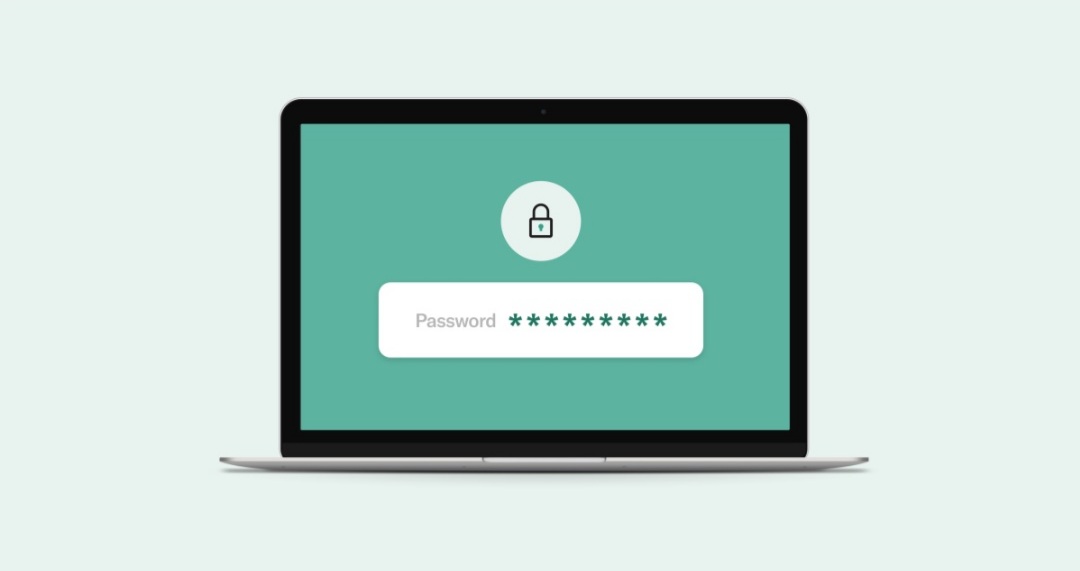How to Create a Strong Password and Keep It Secure

In today’s digital world, our online accounts contain a wealth of personal information, from emails and social media profiles to banking details. That’s why having strong passwords is more critical than ever. A weak password is like leaving your front door unlocked – it’s an open invitation for hackers to exploit your data.
Let’s explore how to craft unbreakable passwords and implement strategies to keep them protected.
What Makes a Password Strong?
- Length is Key: Longer passwords are inherently more robust. Aim for a minimum of 12 characters, but 14 or more is even better.
- Mix It Up: Combine uppercase letters, lowercase letters, numbers, and symbols. This complexity makes it harder for password-cracking software to succeed.
- Avoid the Obvious: Steer clear of personal information like your name, birthdate, address, or pet’s names. Hackers can easily gather this kind of data.
- No Dictionary Words: Single words, even with some modifications, are vulnerable to “dictionary attacks” where hackers try common words and variations.
- Unique Passwords: The golden rule – use a unique password for every single account. Reusing passwords means if one account is compromised, others are at risk too.
Techniques for Creating Strong Passwords
- Passphrases: Instead of a single word, create a passphrase. Think of a sentence and take the first letter of each word, incorporating numbers and symbols. For example, “My favorite color is green and I was born in 1995!” becomes MfCiGaIwbi95!
- Password Generators: Take the guesswork out of it with a strong password generator. Many reputable websites and browser extensions offer this feature.
Securely Storing Your Passwords
- Password Managers: These are specialized software applications that securely store all your passwords in an encrypted vault. You only need to remember one master password to access them all. Popular options include LastPass, 1Password, and Bitwarden.
- Offline Storage: If you’re wary of online managers, the old-fashioned way can still be effective. Write your passwords in a notebook and store it somewhere safe and hidden within your home. Just be sure it’s a place only you would know.
Additional Security Tips
- Two-Factor Authentication (2FA): Whenever available, enable 2FA on your accounts. This adds an extra layer of protection by requiring a code (usually sent to your phone) in addition to your password.
- Change Passwords Regularly: It’s a good practice to change your important passwords (like for banking and email) every few months.
- Be Alert to Phishing: Watch out for emails or text messages that ask for your password or direct you to fake login pages. Legitimate companies will never ask for this information via email.
The Bottom Line
Your passwords are the gatekeepers to your online life. Investing time and effort into creating strong passwords and safeguarding them is just as important as locking your physical home. By following these guidelines, you’ll significantly deter hackers and protect your valuable information.



